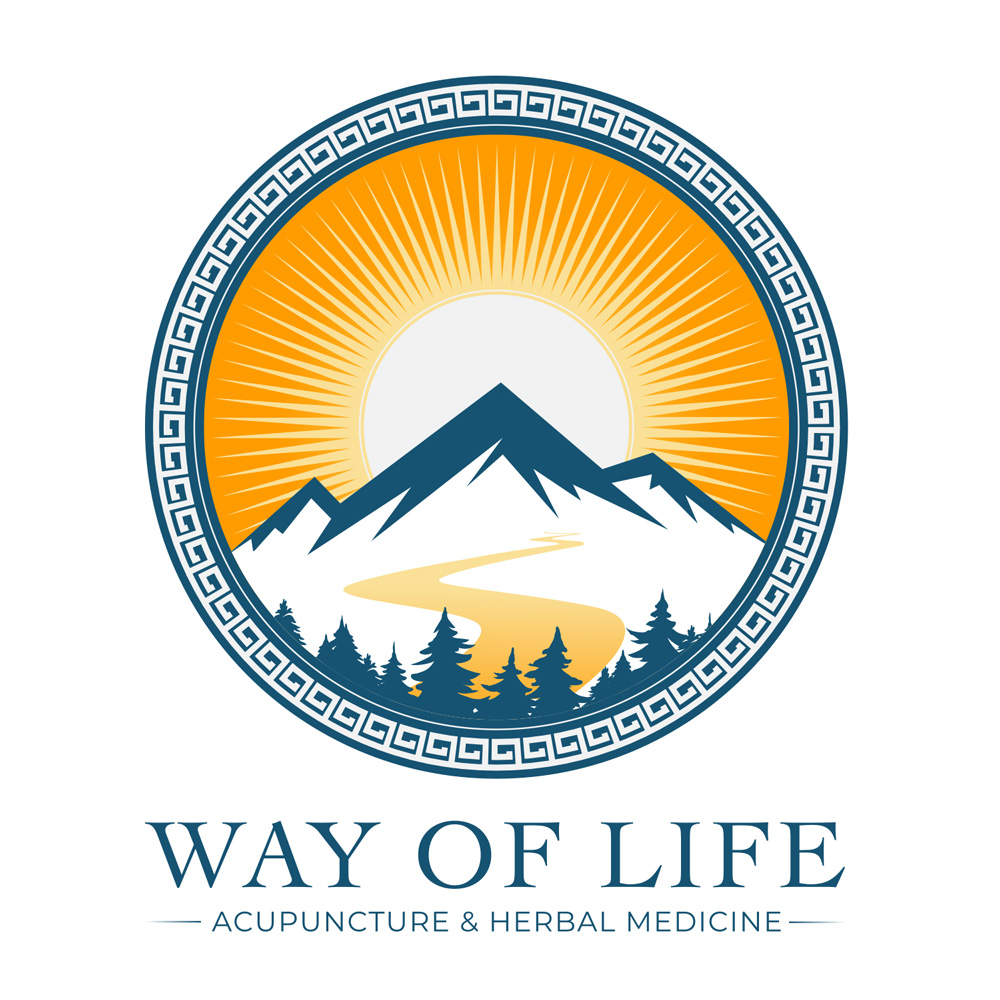Grief arrives like a tide. Sometimes sudden, sometimes slow—but always certain. It washes over us in waves, leaving us breathless, disoriented, cracked open. It defies logic, disobeys timelines, and refuses to be tidied away. The death of a loved one can shake the very foundation of our being.
In this space of rawness, where language often falters, we are invited into one of life’s most profound initiations.
But do we know how to be there?
Culturally Unprepared for the Sacred
In much of modern Western culture, we don’t. Death is pushed into sterile rooms and whispered about behind closed doors. We avoid the word itself, using phrases like passed on, gone to a better place, or lost. In doing so, we unintentionally strip death of its sacredness.
Yet beneath the cultural silence, something ancient stirs. A remembering.
People are asking new—and very old—questions:
What does it mean to die well? What rituals have we lost? What wisdom does death hold for the living?
What Is Death, Really?
Across spiritual and philosophical traditions, death is seen not as an end but as a transition. A return. A threshold.
One ancient worldview sees life and death not as opposites but as movements in a single, unbroken flow. Just as water becomes vapor, then rain, then river—so too do we dissolve and re-form, each phase a part of the mystery. What we call “death” may simply be a return to the formless source from which we came.
From this lens, death is not a failure, but a completion. And grief, while often unbearable, becomes a sacred companion—inviting us into deeper relationship with love, impermanence, and truth.
Planning for Death Is a Sacred Act of Living
Contemplating your own death may feel strange, even uncomfortable—but it is also deeply empowering. When we make plans for our end-of-life care and post-death rituals, we reclaim our agency and return meaning to what has been medicalized or ignored.
Ask yourself:
-
How do I want to die? In a quiet room with music? At home, surrounded by loved ones and candlelight?
-
What will happen to my body? Burial, cremation, green burial, water cremation? Donation?
-
How do I want to be cared for after I die? Washed with herbs, anointed with oils, wrapped in a shroud, adorned with flowers or sacred objects?
-
What memory do I want to leave behind? A letter, a recorded message, a ritual for others to perform in my honor?
These questions are not just practical. They are spiritual. They are invitations to live with greater clarity and depth—now.
Grief as a Portal
Grief is not something to get over. It is a passage, a teacher, a kind of initiation. It softens our hearts and strips us of illusions. It connects us to the ancestors, to every human who has ever loved and lost.
Grief can also become a form of praise. A way to say: This mattered. You mattered. I love you still.
In many ancient cultures, grief was communal and ritualized. There were songs, wails, altars, prayers, and spaces to honor the pain of loss. We are beginning to remember these practices. Death doulas, grief circles, eco-burials, and ancestral rituals are emerging across the world, helping us reclaim the sacredness of farewell.
The Wisdom of Death
When we allow death to be part of life, we begin to live differently. We let go more easily. We love more deeply. We take less for granted.
One spiritual tradition reminds us that the soul is never in danger—not at birth, not in life, and not in death. The body is a vessel, and when it is time, it returns to the earth. The soul continues its journey. Death, then, is a return—not to nothingness, but to the Source. The great mystery. The Dao.
By contemplating death, we remember how to live in alignment with what is eternal.
An Invitation to Begin the Conversation
This is not a how-to guide. It is a gentle invitation. A place to pause. A moment to reflect.
Whether you are walking through fresh grief, standing vigil for a loved one, or simply beginning to explore your own mortality—may these words offer a space of reverence.
May we remember that death is not the enemy.
It is a sacred mystery.
A wise companion.
A mirror that helps us see what truly matters.
And in facing it—with courage and care—we just might become more fully alive.
If this piece resonates with you, consider sharing it with someone who might need it. You’re also invited to reflect: What is your relationship with death? What practices or traditions help you stay connected to the sacredness of life’s impermanence?





